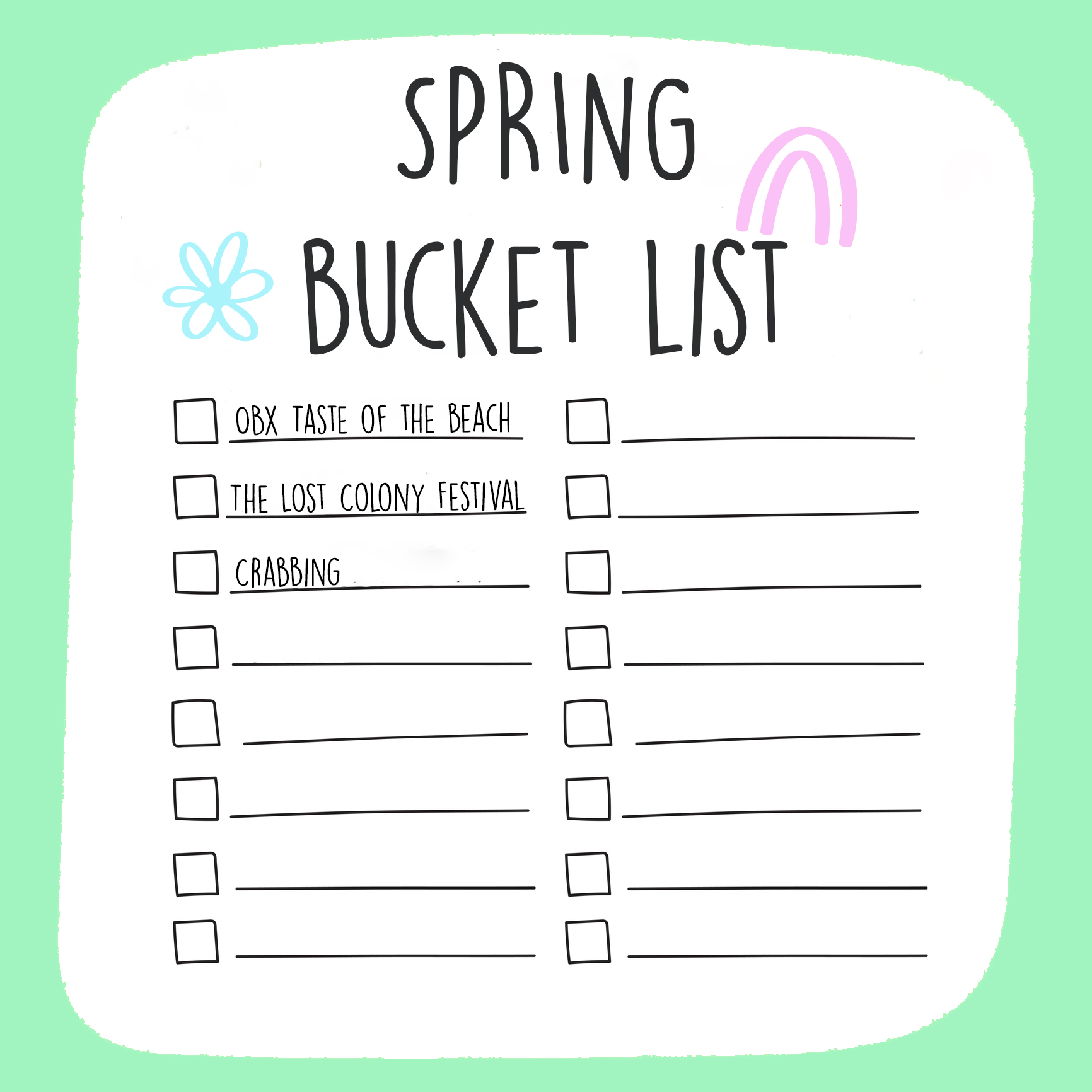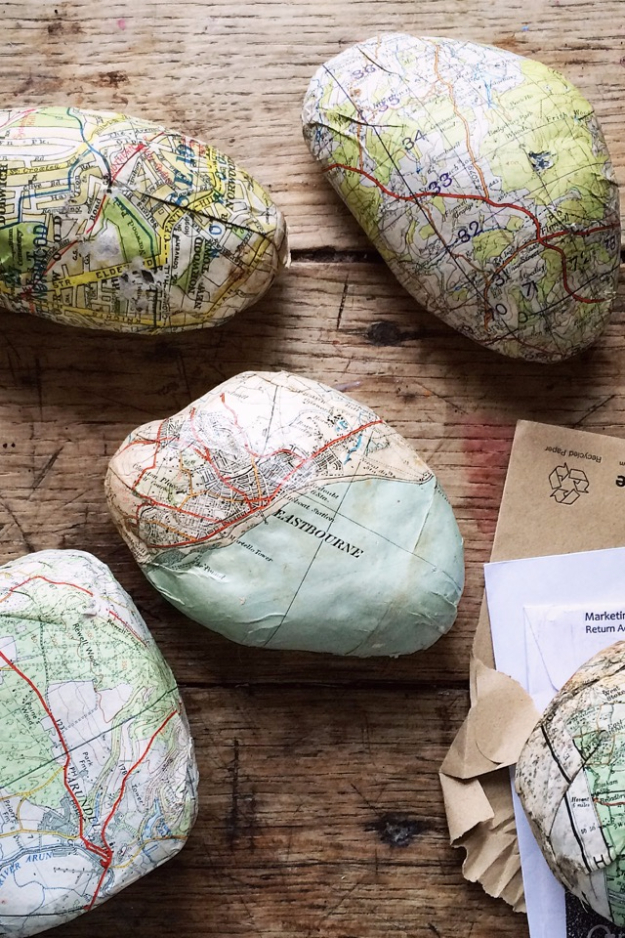
If you enjoy knitting, you may be interested in Vogue Knitting magazine. It is published biannually in SoHo Publishing LLC. We will be looking at some of these issues in this issue. Below are some of these topics.
The Ultimate Knitting Book
Including input from more than 50 top specialists, The Ultimate Knitting Book for Vogue Knitting covers every aspect of knitting, from yarns to needles and tools, to terminology, diagnostics, and blocking. It is the only book that provides such detailed guidance on knitting.

40th Anniversary
Vogue Knitting celebrates 40 years of existence this fall with a special collector issue that features 18 knit patterns by five top designers. Mari Lynn Patrick, a long-standing collaborator of the magazine, will be honored with the 40th anniversary. Issue includes three of her winning designs.
Techniques
Techniques of Vogue Knitting books are a comprehensive guide for knitting. This book contains both tips and advice for advanced and beginner knitters, as well as expert advice on designing, gauging and stitching. It also contains 50 patterns by renowned knitwear designers.
Interviews
Interviews with fashion designers, knitters, or other knitting enthusiasts make up the Vogue Knitting podcast. It features everything from knitting designs to yarn reviews. Vogue Knitting was founded in 1932 and published by SoHo Publishing LLC. Its archives go back to 1932, and it was previously published in Conde Nast. Art Joinnides, founder Butterick Company, saw a demand for knitting magazines and closed the magazine in 1969. Norah Gaughan is the current editor of the magazine. It is headquartered at New York City.
Styles
If you've ever wondered how to knit the perfect hat, Styles of Vogue Knitting is a great resource. It offers both global and classic designs as well key techniques. It offers design advice and 50 patterns from some of the top knitwear designers worldwide.

Trisha Malcolm
Trisha Malcolm is Vogue Knitting's executive branding strategist and editor of its Sixth & Spring book imprint. Since the age of four, she has been knitting. In addition to her role at Vogue Knitting, Trisha Malcolm has also worked as an artist teacher and editor for several magazines and books in knitting and handcrafts. Malcolm was the editor of Knit Simple magazine, in addition to her role as Vogue Knitting's chief knitting editor. She lives in Brooklyn with her son.
FAQ
What are some great hobbies ideas?
Hobby Ideas for people who love to learn and teach others.
Hobbies can be a great way to have fun and learn something new.
Although there are many hobbies to choose from, they all share some common characteristics. These hobbies are often enjoyable and require minimal effort.
They also tend to involve working with others, whether teaching someone how to play an instrument or helping them build a model airplane.
You might not think about yourself as a teacher, but chances are there's something you could do to help someone else learn.
Consider starting a hobby to use your creativity to help others.
What are the most popular hobbies right now?
Popularity isn’t always a positive thing. It can be used to justify mediocrity. Most people don't have the time or energy to pursue their hobbies. They are too busy trying to make ends meet. So what should you do if you don't have much free time? You could start a business.
However, this isn't easy. You will need to overcome many obstacles before your idea can become a reality.
If you are looking for something more than running a business you might consider starting a hobby.
Hobbies can be more than just creative pursuits. There are many types of hobbies. Here are some examples:
-
Gardening
-
Cooking
-
Photography
-
Reading
What does a hobby cost?
It costs nothing to start a hobby. It can take many years to accomplish what you desire if you are serious about it.
There is one thing that will help you. It's called passion'. Passion will help you put in the effort to succeed.
And once you start putting in those hours, you may find that you become addicted to the activity. This is where the real joy begins. Because you're doing something you like and it keeps getting better. So by the end of the year, you will probably have made quite an improvement.
Do not worry about the time it takes. Try it! You may be surprised.
What are observation hobbies?
Observation hobbies are those activities that allow you to watch others do what they do. It could be reading, watching sports or going on holiday. You might also enjoy observing other people.
It's great to have observation hobbies because it helps you think creatively. This knowledge will be useful later in your work for others and yourself.
You'll discover that it's easier to learn if there's a passion for something.
You might watch or read about football to learn more. Visit or take photographs to learn more about the art of photography.
If you like to play music, you can either learn the songs online or get a guitar.
If you love cooking, you can either cook your meals at home or order from a local restaurant.
If you like gardening, you could grow vegetables or flowers.
If you like dancing, you could join a dance class or go out with friends.
If you love painting, you can paint pictures.
If you love writing, you might be interested in writing poems and stories.
If you like drawing, you could draw pictures.
If you have a passion for animals, you might be able to look after them or work in a zoo.
If you enjoy science, you might consider studying biology, chemistry and physics.
History is something you might enjoy if you read books, watch movies, or listen to podcasts.
You could explore the world or travel to places you love if you are a lover of traveling.
What is a hobby that kids can do?
Any activity that kids enjoy as a hobby is something they do outside of the normal routine. You might find them interested in drawing, building things, painting, writing stories, playing with toys, listening to music, reading books, watching TV, and playing computer games. They may also like to play soccer, football, basketball, cricket, rugby, baseball, and hockey.
Many parents worry that their children will get into trouble if they're allowed to do whatever they want. This is not necessarily true. This is true even if your child isn't causing harm to anyone or their own safety, then they won't be in trouble.
It is important to remember that people may not always choose to do what they enjoy. If they don't like writing but love drawing, they might choose to draw images instead.
There are many different hobbies, so it is up to you which one you love the most.
Is it possible making a living as a hobby?
Not necessarily.
You could be wealthy if you have a passion for starting your own business.
Let's say, for instance, you are a passionate cook. You love to eat healthy food, so you decided to open up a restaurant.
You serve only organic meals made from scratch and charge customers a small fee to cover the costs of ingredients and labor.
You can grow your clientele over time and eventually hire employees who will work alongside you.
You will eventually be able to expand your menu with vegan options and gluten-free choices, as well as desserts.
This is how you have created a successful company that has enabled you to enjoy the lifestyle you desired.
This doesn't mean that you have to give up your job.
Instead, you could simply run your restaurant while still holding down your regular 9-5 position.
Statistics
- Studies show that just six minutes of reading can reduce stress levels by 60 percent. (oberlo.com)
- The Role of the Mind in Sex, Dating, and Love: Men in the “humor” condition received phone numbers from 42.9% of the female participants and were refused 57.1% of the time. (time.com)
- 37% Video Games 36% Travel 36% Health and Fitness (quizexpo.com)
- Much of this decline reflects the fact that teens are less likely to work today than in the past; among employed teens, the amount of time spent working is not much different now than it was around 2005. (pewresearch.org)
- In comparison, men in the “no humor” condition were refused 84.6% of the time and were only accepted 15.4% of the time. (time.com)
External Links
How To
How to Get Started in Baking
Baking refers to the preparation of food from flour, eggs and sugar. Baking relies on flour, fats/sugars, leavening ingredients, salt and water. This article will show you how to make bread. We'll use common ingredients such as yeast, flour, milk powder and egg whites, butter or olive oil, salt and honey, and water.
To bake bread, you need to mix these ingredients together. First, add the dry ingredients (flour and yeast) to your bowl. Then, add the dry ingredients (flour, yeast, salt) to your mixing bowl. Mix them well. Mix in the honey, then knead until the dough is smooth. Let the dough rise for around 30 minutes. After the dough has been rising for around 30 minutes, it should become soft and light. You can roll the dough and place it onto a baking sheet. Bake at 180degC for 15 minutes.